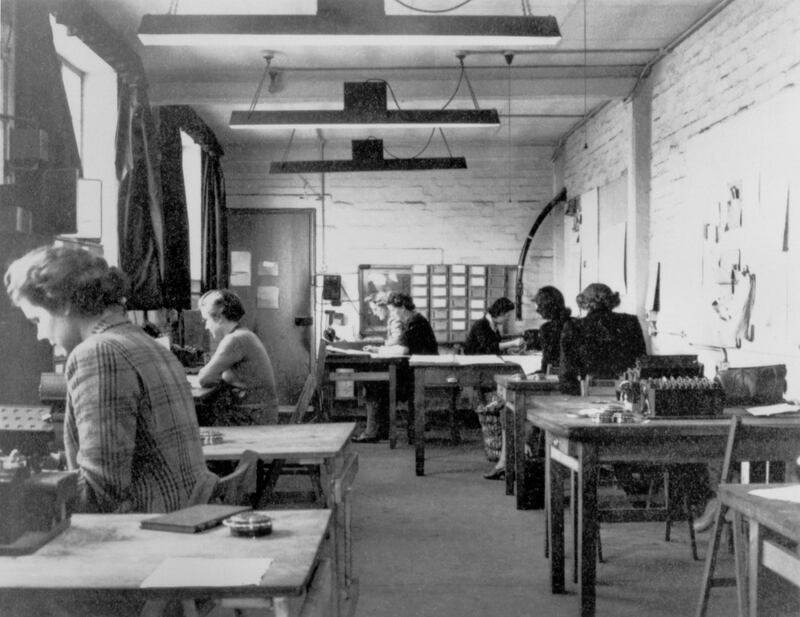The celebrated code-breaking successes of a once-secret British intelligence base have been given greater significance than they merit in cutting short the Second World War, according to an official history of UK spy agency GCHQ.
Code crackers at Bletchley Park most famously unravelled German Enigma codes that helped Allied navies to avoid deadly U-boats causing carnage among Atlantic shipping convoys.
Some historians believe the operation shortened the war in Europe by up to four years. The legend of Bletchley Park, a former manor house 80 kilometres northwest of London, was cemented with the publication of once-secret documents giving an insight into events at the base.
The author of the new book on GCHQ, Professor John Ferris of the University of Calgary, said its impact had been overstated.
“Bletchley is not the war winner that a lot of Brits think it is,” he told the BBC.
Books and films have celebrated the work of the code breakers. Enthusiasts rebuilt Bletchley from a “series of dilapidated buildings into a sort of shrine, a locale for pilgrimage”, he wrote.
He said the “cult of Bletchley” – a wartime base of GCHQ – saved the agency when its future was in doubt as Britain faced changing threats in the following decades from the Cold War, terrorism and cyber-attacks.
"Bletchley – and by extension, GCHQ – came to symbolise British virtues and survival during its darkest hour," he wrote in the book, Beyond Enigma: The Authorised History of GCHQ Britain's Secret Cyber Intelligence Agency.
“Soon, the cult of Bletchley, its saints and a martyr, protected GCHQ more than the cult of secrecy ever had done.”
He said that Germany’s intelligence and code-breaking was superior to Britain’s in the early years of the war. The book, released on Tuesday, is based on access to GCHQ files and follows official histories of other UK spying agencies.







